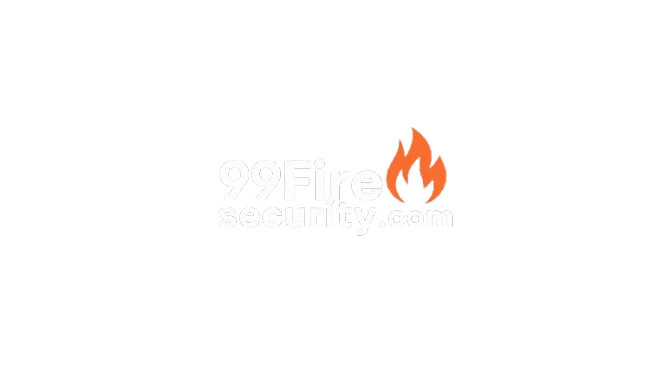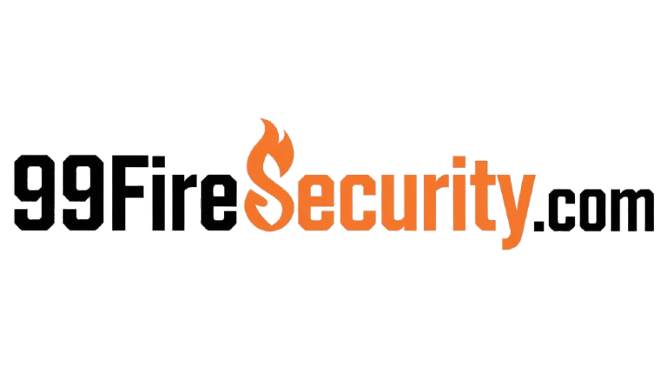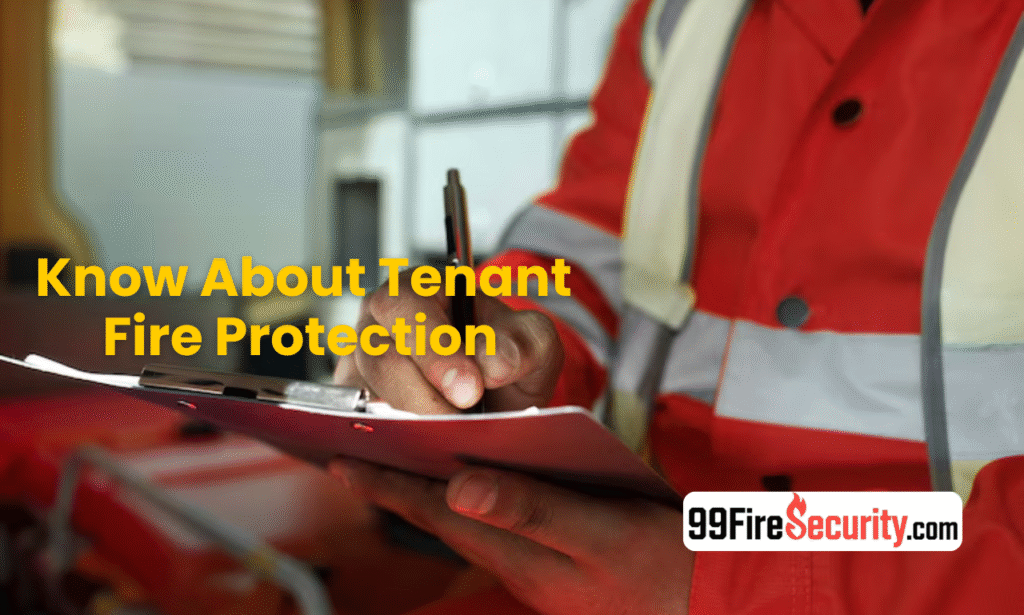Whenever a landlords rents out his property, not only is a tenancy created but a liability is also assumed. Fire safety is the primary responsibility of every homeowner but sometimes people don’t pay attention to it. If the building is ancient or the occupants are uninformed there is a hazard of fire.
Proprietors need to take all security measures to ensure their inhabitants. Basically introducing a fire quencher was not sufficient. Preparing devices and convenient support are basic. Each inhabitant needs to live in a secure environment. In this article we will talk about a few of the most imperative focuses that each mortgage holder ought to know about fire security.
Every unit needs a fire alarm
Fire alarms are not just a formality, they are life saving devices. Every apartment, flat or room should have at least one landlord’s fire alarm. The alarm is in working condition and must be checked monthly. The landlord also must brief the tenant about the alarm. Alarm If the battery runs, the battery should be replaced in time. If connected to an electrical system, the wiring must be inspected by an electrician. Fire alarms provide early warning
Smoke detectors must work well
The landlords function of a smoke detector is to detect smoke before a fire. These signal before the alarm and reduce the reaction time. Every bedroom and kitchen area should have smoke detectors. Educate the tenant not to disable the detector, and notify the landlord if there is ever a problem. Landlords are also responsible by law to keep detectors operational.
Fire extinguishers must be easy to use
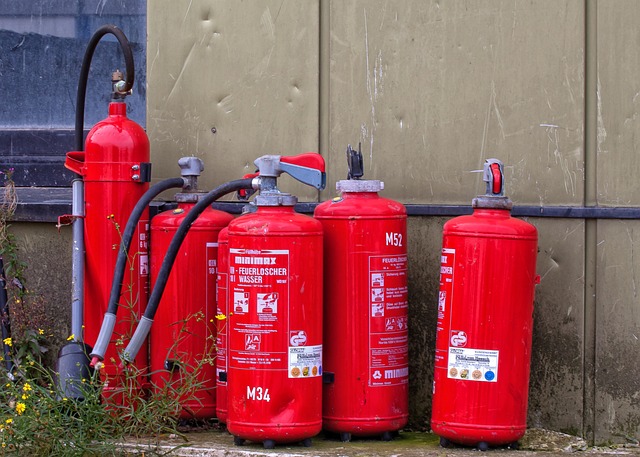
A fire quencher must be legitimately introduced on each floor. A littler measured quencher is accommodating in the kitchen, whereas bigger measured quenchers are required in passages or common zones. The sort of fire quencher ought to too be the same such as the ABC sort that can be utilized in nearly each fire circumstance. It ought to be the landlord’s obligation to educate the occupant how to utilize a fire quencher, something else he won’t be able to utilize in a freeze.
Evacuation plans must be ready
If the building is multi-storied, each floor ought to have a clear departure outline. Crisis exits ought to have lights that work indeed in the occasion of a control blackout. Knowing how to get out securely amid a landlords fire is exceptionally imperative. It is the landlord’s obligation to guarantee that stairs are not blocked and that no exits are blocked. Each inhabitant must know an elude course upon passage.
Wiring must be safe and updated
Old wiring is one of the worst causes of fires. A full inspection by a certified electrician should be performed every 1-2 years. It is the landlord’s duty to replace faulty plugs, faulty switches, overloaded circuits or old fuse systems. Guide your tenant to avoid overuse of extension cords and never install high voltage appliances on the same board.
Educate tenants on fire safety
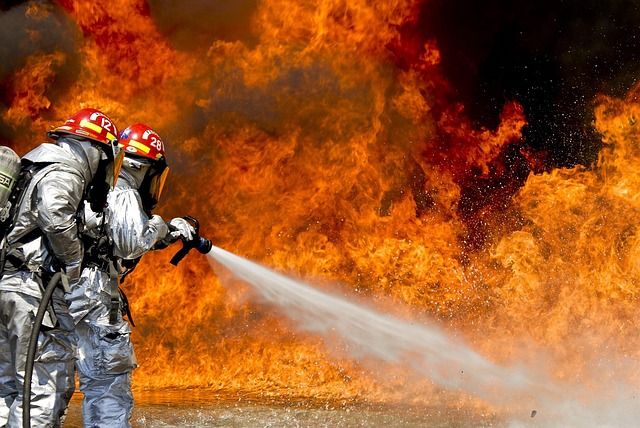
Most people do not have a basic understanding of fire safety. A landlord can provide their tenant with a fire safety guide. Educating them through posters, signs and pamphlets is helpful. Tell the tenant what to do in the event of a fire, which route to take and which emergency number to call. If senior citizens live in the building, extra attention is necessary for them.
Annual gas and heating system maintenance
Gas leakage can cause fire and explosion. Every heater, geyser, stove or gas pipeline should be inspected annually. Landlords should only hire licensed technicians. Carbon monoxide detectors can also be installed to protect the life and health of the tenant. If there is an odor, the tenant should call the emergency number and call the landlord.
Clear and enforceable smoking policy
It should be clearly marked whether the building is smoke free or not. If smoking is permitted in a designated zone, such as a rooftop or balcony. Smoking indoors is a fire hazard. Specifying smoking conditions in the lease agreement to the tenant provides legal protection to the landlord. There should be warning and penalty provision for violation.
Fire insurance is crucial for landlords and tenants.
A landlords insures the structure of his building. Tenants shall insure the contents of their furniture and personal belongings. Taking a claim after a fire is easier if the documents are prepared in advance. A fire emergency policy should be mentioned in the lease agreement. The tenant should also receive a copy of the insurance documents.
Regular fire drills are essential
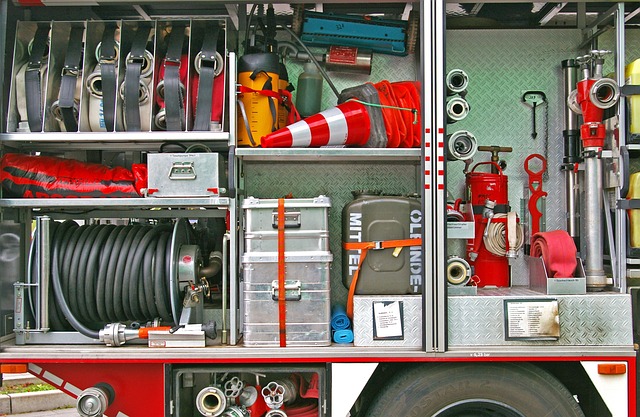
One or two landlords fire drills are required each year. It teaches tenants not to panic in case of landlords fire. The landlord will appoint a fire warden to supervise the drill. Schools, offices and residential buildings need to be drilled. The drill illustrates emergency timing and escape planning.
Install CCTV and security systems
Sources of fire can be traced through CCTV. Evidence is available if the tenant uses matches or cigarettes carelessly. Security guards should also be trained in fire alarm systems so that they can take timely action. The smart system can detect smoke and send alerts directly to the mobile app.
Conclusion
Fire safety is not only a tenant’s duty, it is also a landlord’s duty. Property is secured when both parties work together. Prevention and education are the strongest shields against fire. Every homeowner should make fire safety a top priority. Today, conduct a fire audit of your property, brief tenants and install fire tools. Nothing is more precious than life. Protection is our first responsibility.
FAQs
Q1: Must a landlord install a fire alarm in each unit?
Yes, it is a legal and ethical requirement. Every flat should have an alarm.
Q2: How is a smoke detector tested?
There is a test button on the detector. To be checked by pressing monthly.
Q3: How to check the expiration date of fire extinguishers?
The expiry date is written on the extinguisher. Please change the date before crossing.
Q4: Is it the landlord’s duty to fire drill?
Well, especially in larger buildings, it’s the landlord’s responsibility.
